Have you ever noticed your feline friend frequently changing its sleeping spots? One day they might be nestled in a sunny window, and the next, curled up under your bed. While it might seem puzzling, this behavior is quite common among cats. A deeper understanding of these habits can provide insights into your cat’s needs and preferences. Let’s explore some of the reasons behind this quirky behavior.
Seeking Comfort and Warmth
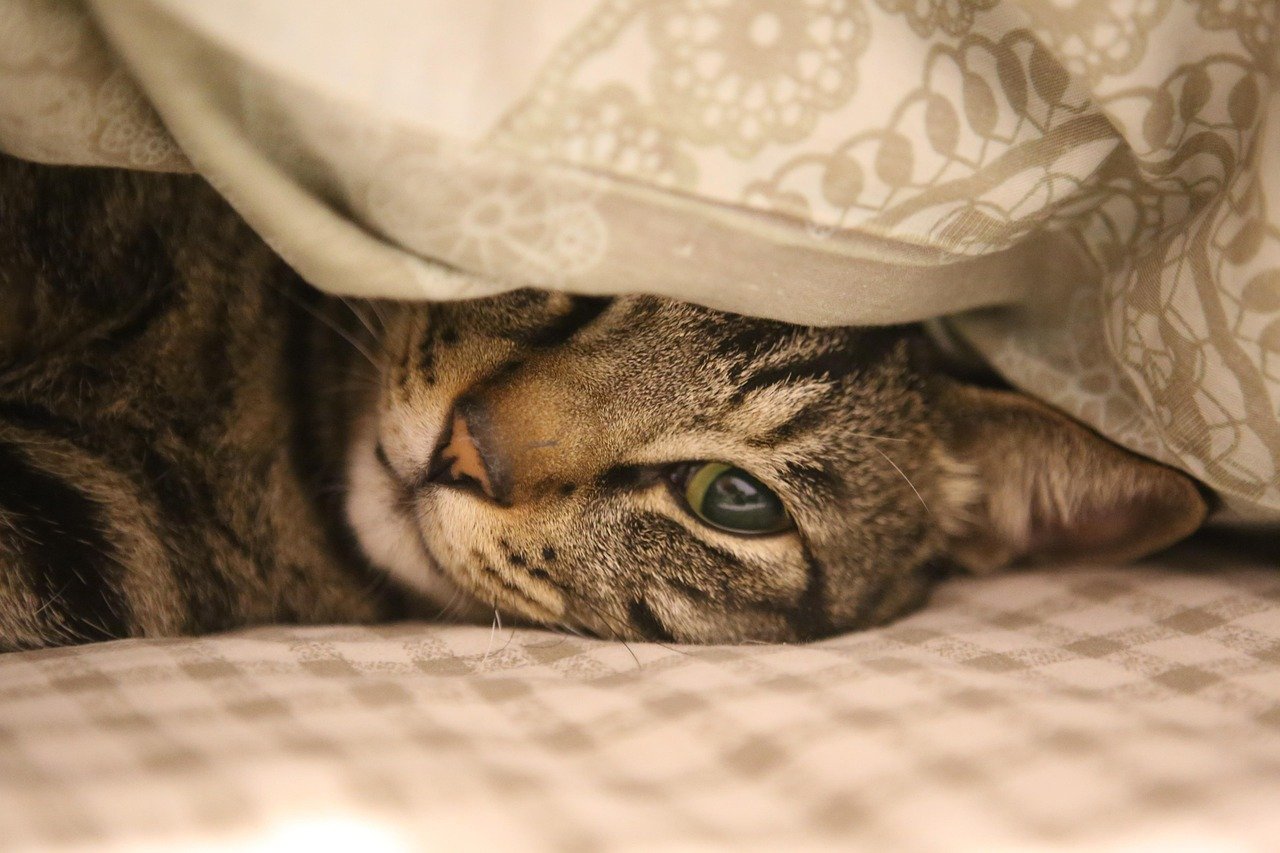
Cats are masters of comfort. They often choose their sleeping spots based on temperature and coziness. A sunny windowsill might be appealing in the morning when the sun is streaming in, but as the day progresses, they might seek a cooler place. Cats have a knack for finding the perfect spot that matches their desired warmth, much like how we humans might switch from a blanket to a fan during different times of the day.
Instinctual Behavior
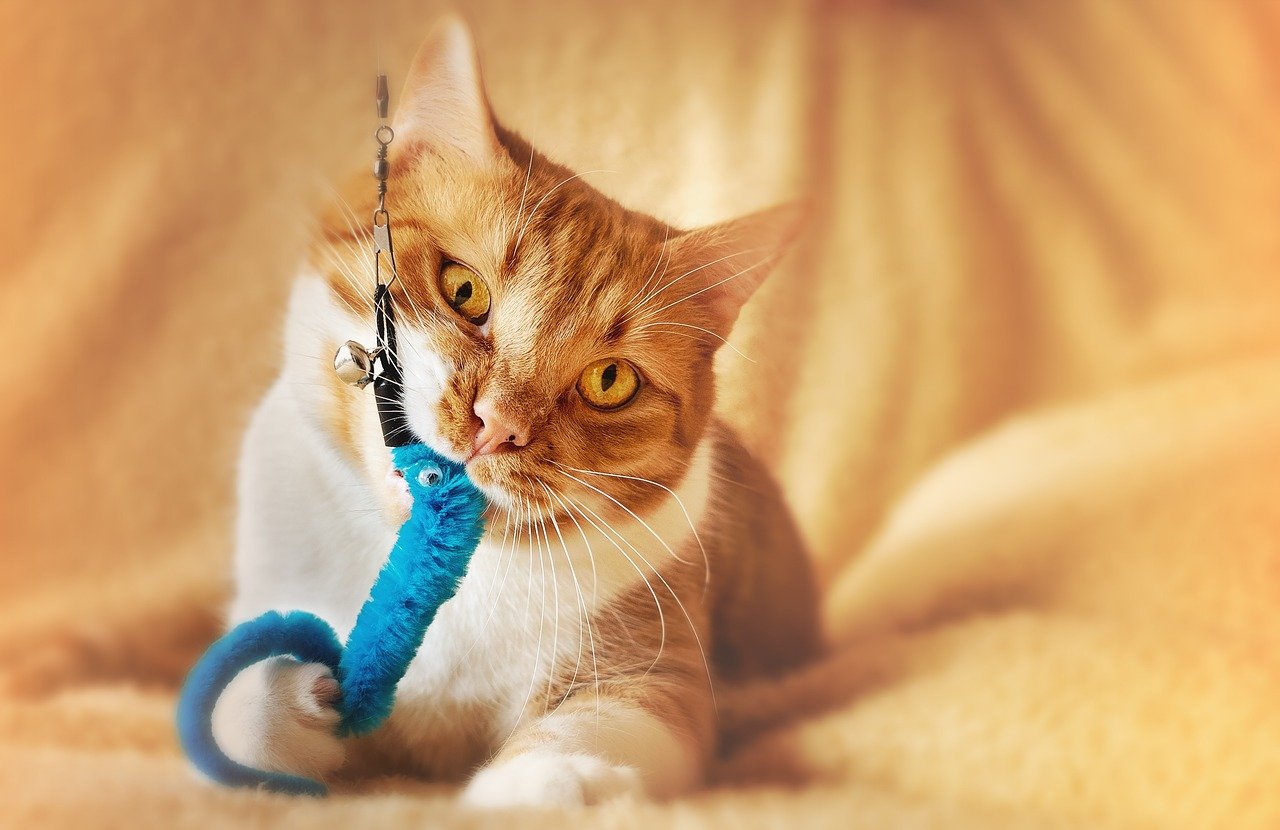
Cats are natural hunters, and even domestic cats retain some of these wild instincts. In the wild, cats frequently change their sleeping locations to avoid predators and keep themselves safe. This instinctual behavior can translate into their domestic lives, leading them to switch places often. By changing locations, they mimic the behavior of their ancestors, ensuring that they remain alert and aware of their surroundings.
Exploring New Territories
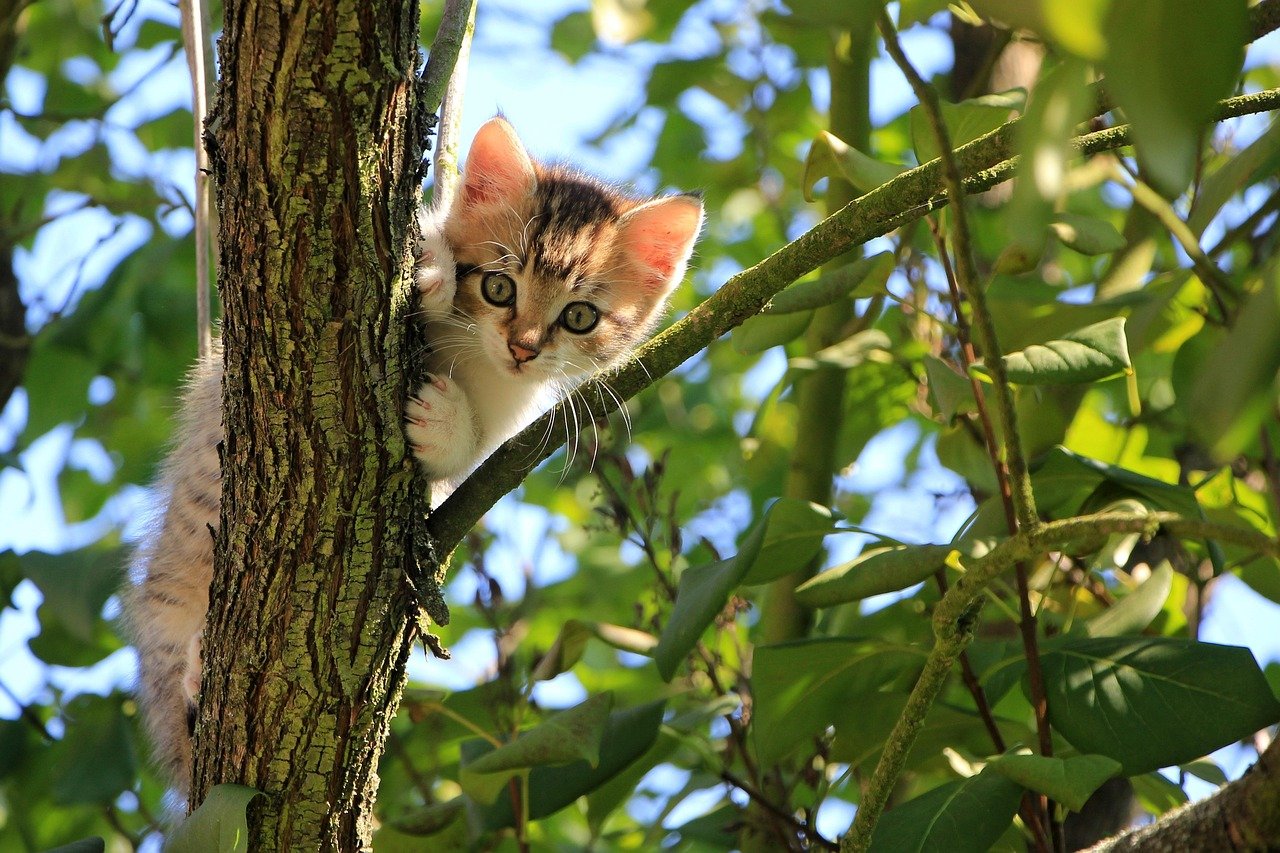
Your home is a vast playground for your cat, and each room offers a new territory to explore. Cats are curious creatures, and their desire to explore can drive them to change their sleeping spots. By doing so, they get a fresh perspective and engage with different environments, keeping their minds stimulated. It’s their way of ensuring they’ve got every corner of their kingdom under surveillance.
Health and Health-related Changes
Sometimes, a change in sleeping spots can indicate health-related issues. Cats may seek cooler or warmer areas if they’re feeling unwell. For instance, a cat with arthritis might look for softer surfaces to ease their joint pain. If you notice your cat changing spots more frequently than usual, it might be worth a visit to the vet to rule out any underlying health concerns.
Preference for Privacy
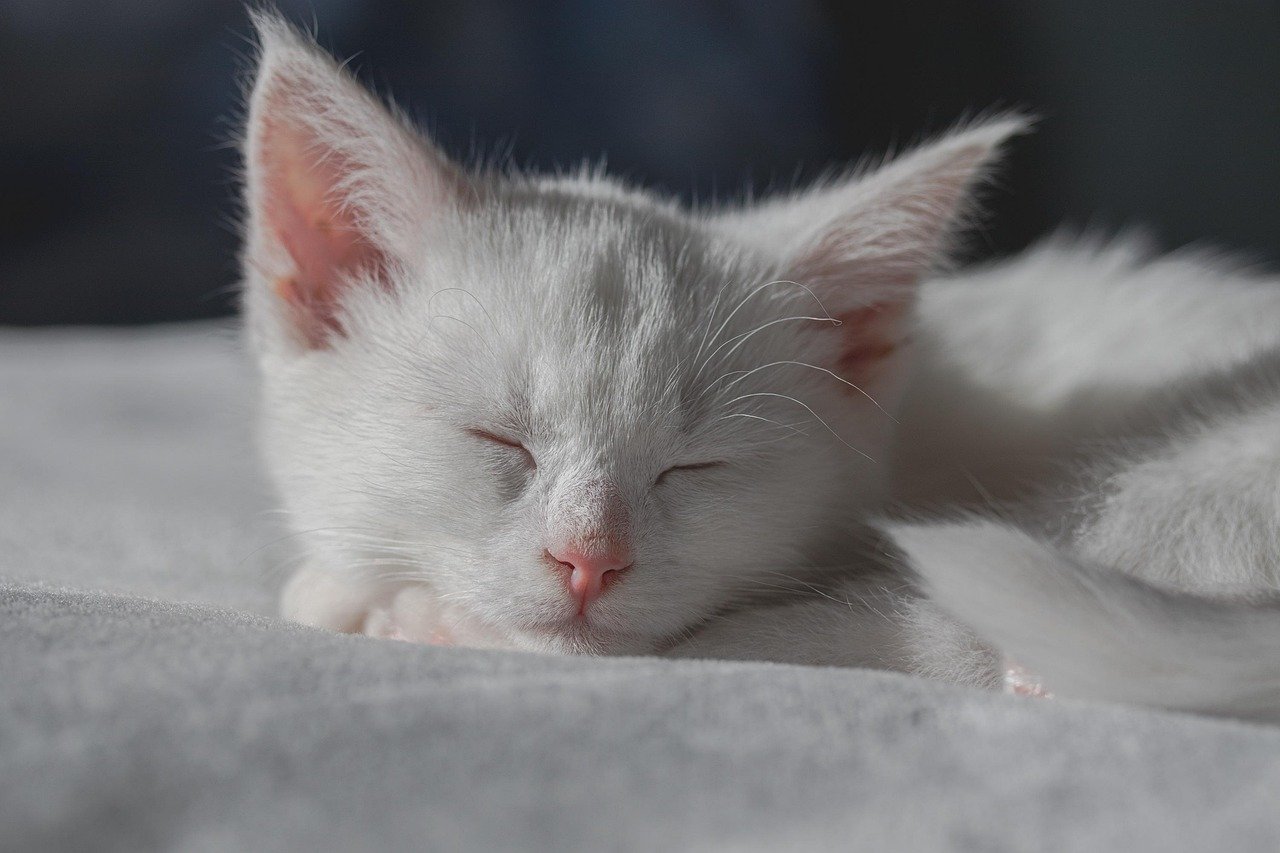
Just like humans, cats have moments when they crave solitude. Changing sleeping spots can be their way of finding a quiet place away from the hustle and bustle of household activities. If you have guests over or there’s more noise than usual, your cat might retreat to a secluded spot to catch up on their sleep undisturbed.
Reaction to Household Changes
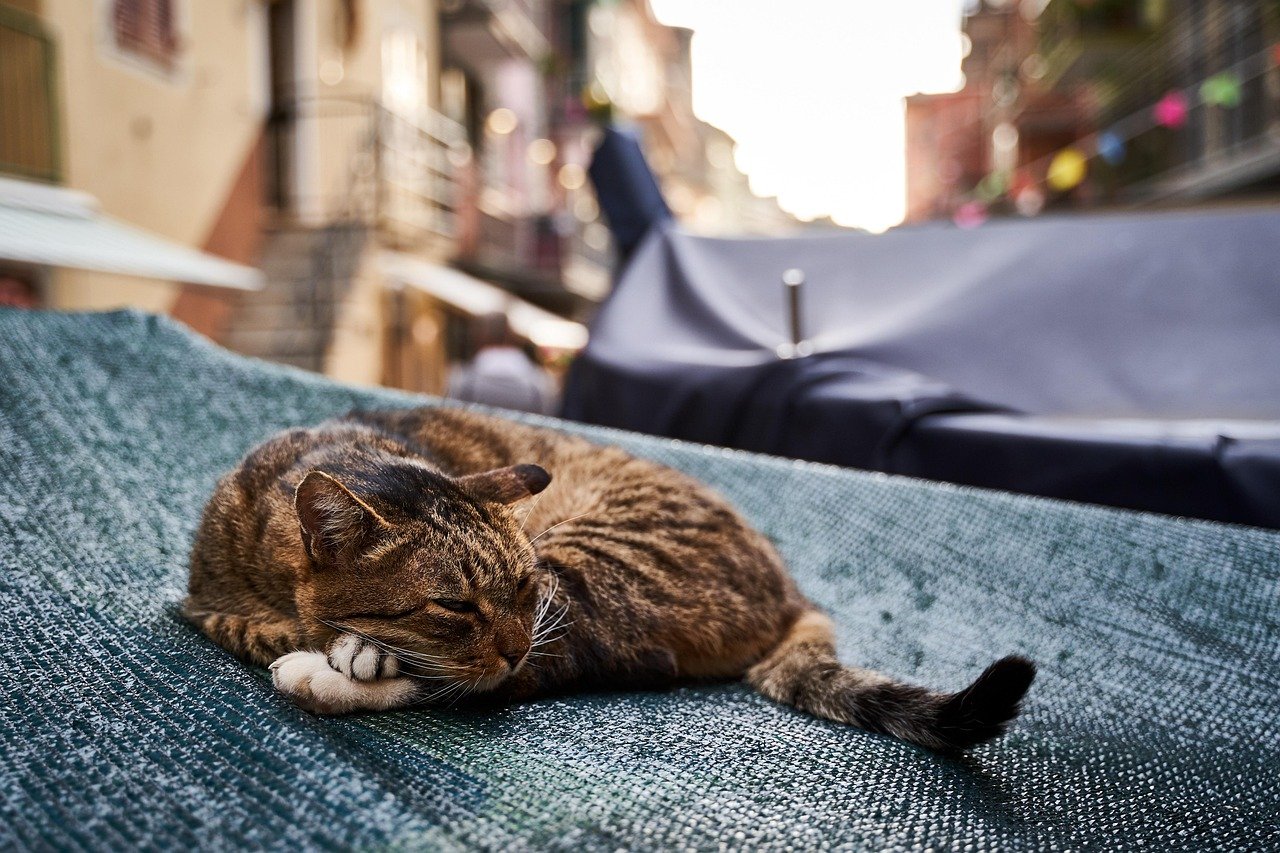
Cats are sensitive to changes in their environment. A new piece of furniture, a change in routine, or the addition of a new family member can prompt a cat to seek a new sleeping location. By changing spots, they’re trying to adapt to these changes and re-establish a sense of security in their ever-evolving environment.
Testing New Sleep Spots
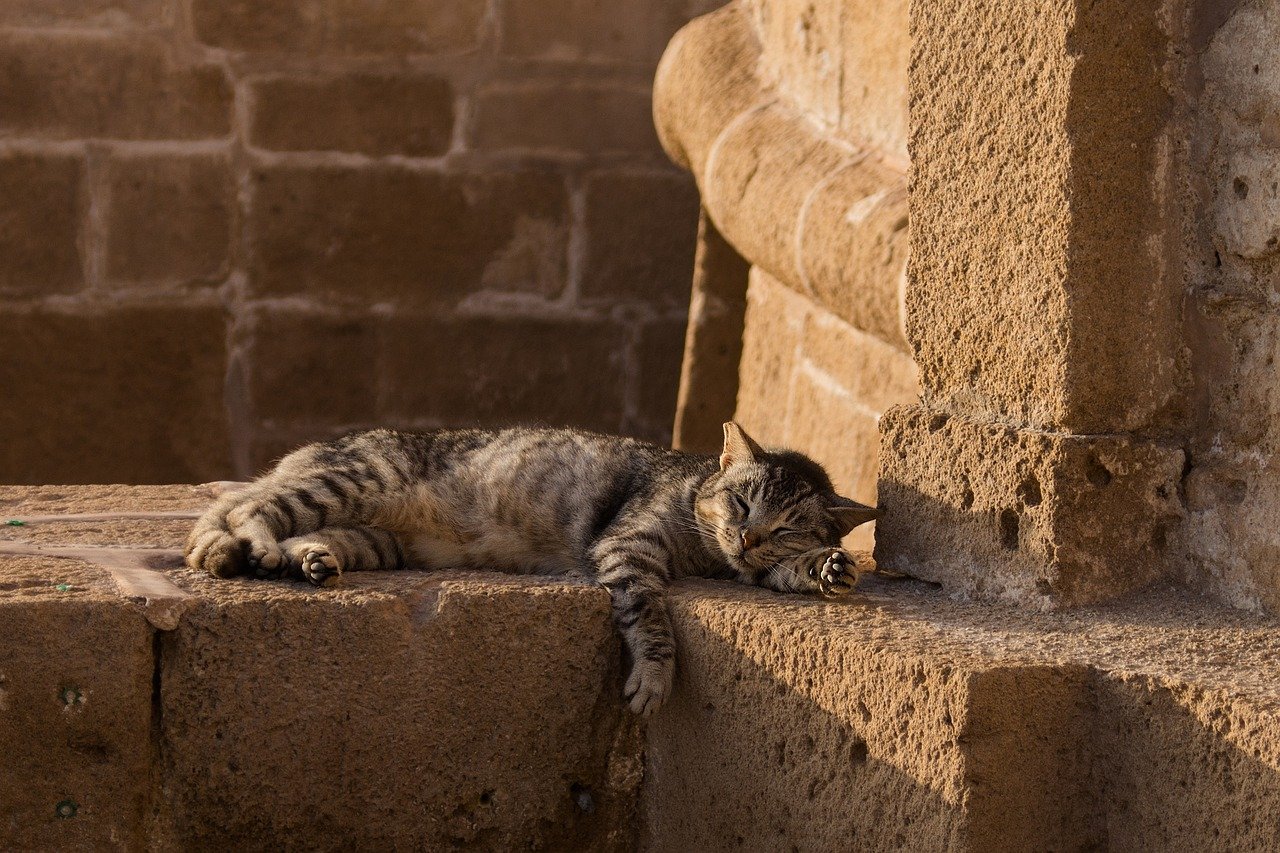
Sometimes, cats are just testing new spots for comfort. Much like how we might try a new mattress or pillow, cats experiment with different sleeping locations to see which one feels right. They might return to a previous spot or settle on a new favorite. This trial and error process is part of their quest for the perfect nap location.
Seasonal Adaptations
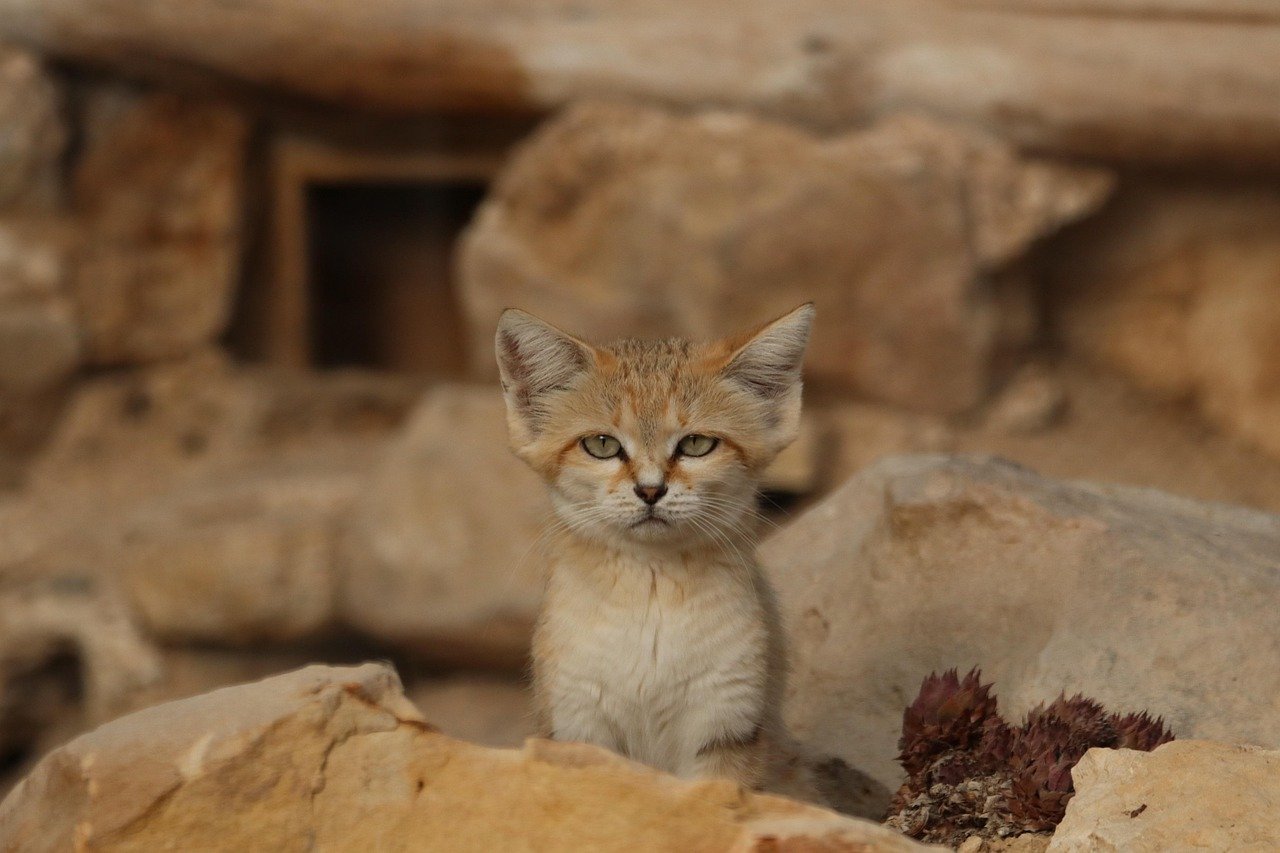
As the seasons change, so does the temperature and light in your home. Cats are highly sensitive to these changes and might adjust their sleeping spots accordingly. In the winter, they might seek out the warmest spot, perhaps near a heater, while in the summer, they might prefer a cool tile floor. This behavior is their way of adapting to the changing environment around them.
Individual Personality
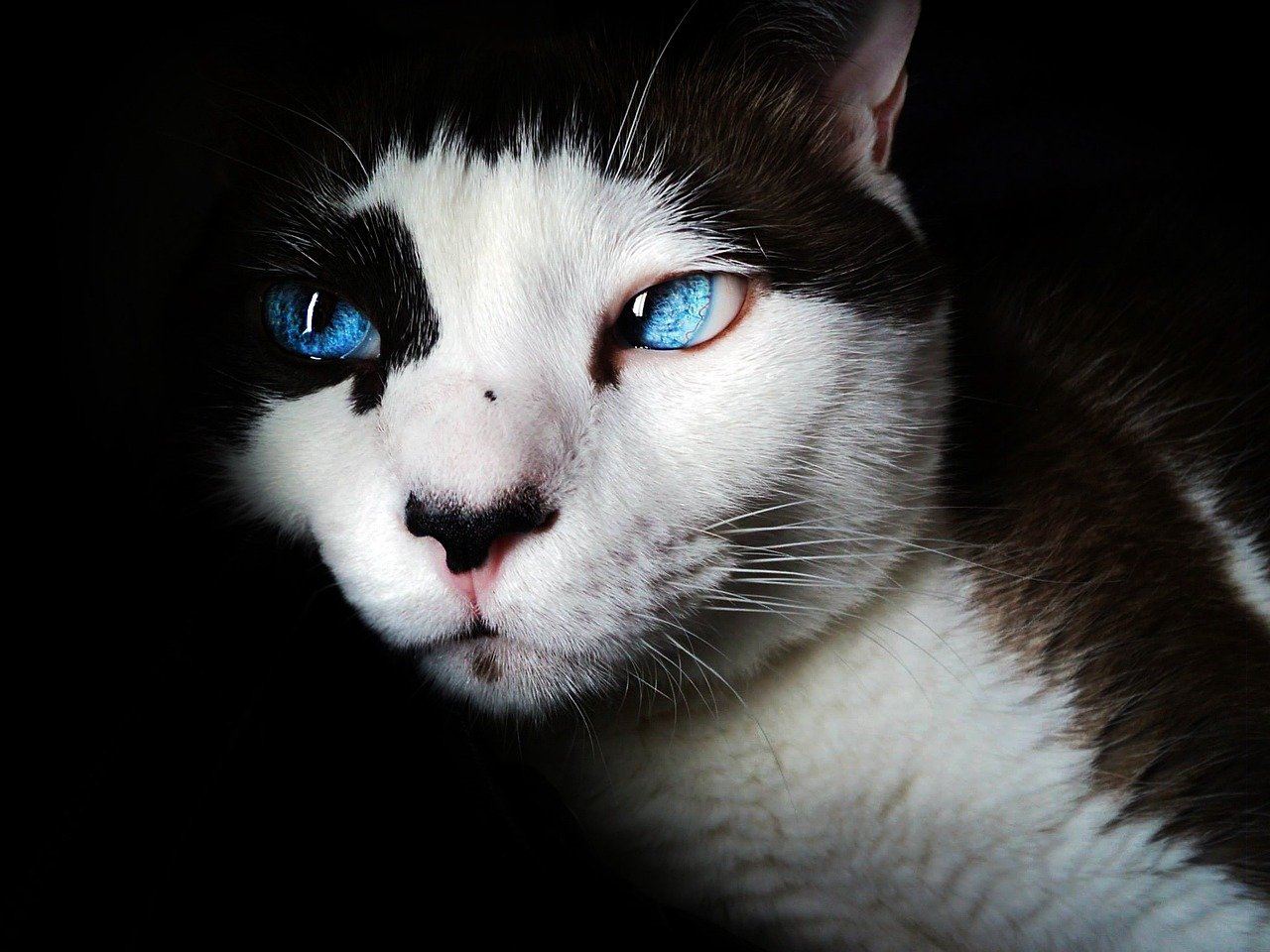
Every cat is unique, and their sleeping habits can be a reflection of their individual personality. Some cats are more adventurous and enjoy changing spots frequently, while others are more consistent and prefer sticking to one or two locations. By observing your cat’s sleeping habits, you can gain insights into their personality and cater to their needs more effectively.
In conclusion, a cat’s frequent change in sleeping spots can be attributed to a variety of factors, ranging from comfort and instinct to health and individual personality. Understanding these behaviors can deepen the bond you share with your feline friend and ensure they feel secure and content in their environment.

Growing up traveling and experiencing new cultures and wonders, I have had a passion for nature, adventuring, photography, and videography. I am currently working towards a BSc in Biodiversity and Ecology at Stellenbosch University, and I hope to specialise in Marine Sciences one day.
Please send any feedback to Feedback@animalsaroundtheglobe.com






